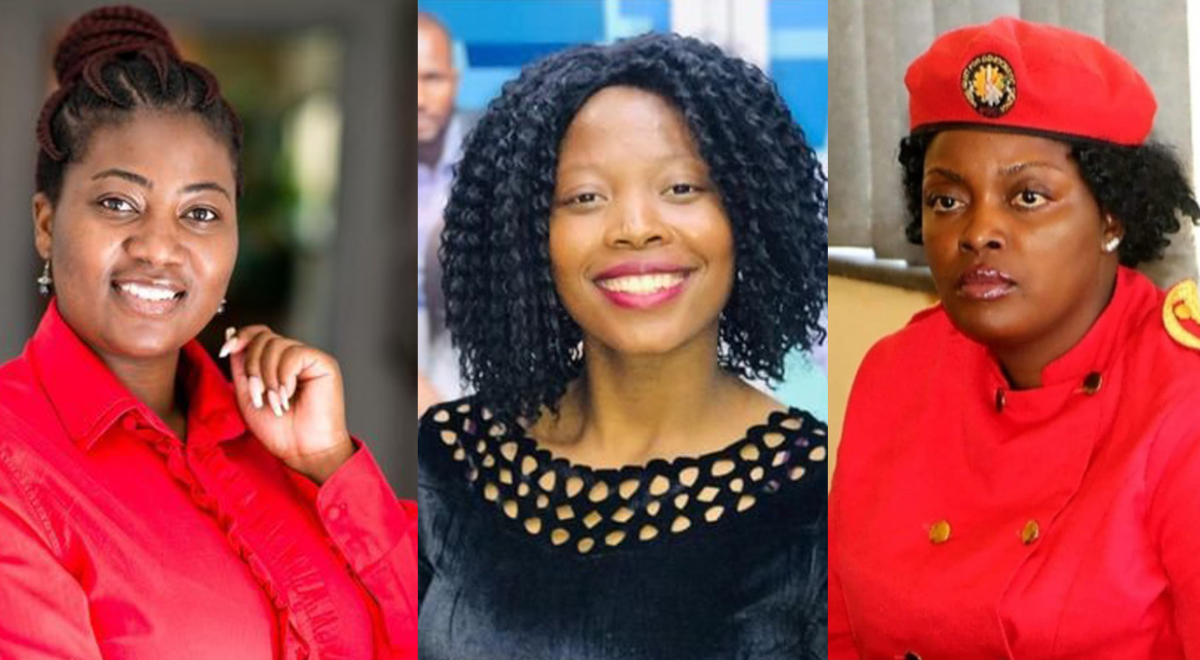London, the Foreign Commonwealth and Development office raised concerns over the continued persecution of Joana Mamombe MP, Cecilia Chimbiri and Netsai Marova by the securocratic government of Mr Mnangagwa in Zimbabwe.
Report Focus News obtained and is in possession of the response by the Foreign Commonwealth and Development office
Which reads: “the UK shares concerns regarding reports of the alleged abduction and torture of opposition Member of Parliament Joana Mamombe, along with Cecilia Chimbiri and Netsai Marova.
“We are particularly concerned by the charges of falsifying an abduction with co-accused. The UK’s Minister for Africa spoke to the Zimbabwean Foreign Minister on 8 June 2020 and expressed his deep concern regarding these reports. He urged the Foreign Minister to ensure the Government of Zimbabwe makes concrete progress on human rights, including investigations into violations. It is deeply regrettable that we are yet to see any efforts to investigate the three women’s claims.”
“We were also concerned by the second arrest of Joanna Mamombe MP and Cecilia Chimbiri. The Government of Zimbabwe claims that Mamombe and Chimbiri shouted at a police officer in a vehicle, telling them to release individuals held in the vehicle due to the risk of spreading COVID-19. We welcomed the news that the two women were granted bail on 9 February on appeal by the High Court.
The UK will continue to monitor developments on these arrests closely and urge the Government of Zimbabwe to adhere to their international human rights obligations and respect their Constitution, which prohibits enforced disappearances and cruel, inhuman or degrading treatment. We admire the bravery of civil society activists in Zimbabwe who aspire to a better future for Zimbabwe. The UK provides extensive financial and technical assistance to civil society organisations in Zimbabwe to support them in their work to hold the government to account.
The UK also continues to hold the Government of Zimbabwe to account for their actions in response to other human rights violations. For example, on 1 February 2021, we announced the designation of four individuals involved in brutal crackdowns by the Government of Zimbabwe on public protests. This includes events that led to the deaths of six demonstrators in August 2018 and of 17 demonstrators in January 2019. The sanctions regime seeks to press the Government of Zimbabwe to: respect democratic principles and institutions and the rule of law in Zimbabwe; refrain from actions, policies or activities that repress civil society in Zimbabwe; and comply with international human rights law and respect human rights. The sanctions are not targeted at the wider economy or the people of Zimbabwe.
We have been clear that the Government of Zimbabwe must meet its international and domestic obligations by respecting the rule of law, safeguarding human rights, and committing to genuine political and economic reform the for the benefit of all Zimbabweans.”
A great number of civic groups and societies in Zimbabwe are still hopeful that London still has significant influence in local affairs. Some are still of the view that pressure can still be applied on the Mnangagwa administration to respect democracy.
When Mnangagwa succeeded the late Robert Mugabe he promised to usher in a new dispensation. Mnangagwa made all the right noises, talking of democracy and investment. He even spoke of rejoining the Commonwealth, an ambition that the then foreign secretary, Boris Johnson, described as “fantastic news”.
However, the situation with regards human rights and democracy have since deteriorated. The enthusiasm for Mnangagwa has disappointed and alienated much of the opposition – there has been an increase in people now being detained, beaten or shot.
When Boris Johnson (then foreign secretary) welcomed Mnangagwa’s plan to rejoin the Commonwealth, he stressed that “Zimbabwe must now show commitment to Commonwealth values of democracy and human rights”. This the Mnangagwa administration have clearly not done. So far, British statements have only expressed concern and disapproval at the ongoing repression. But the general populance of Zimbabwe continues to endure repression.
